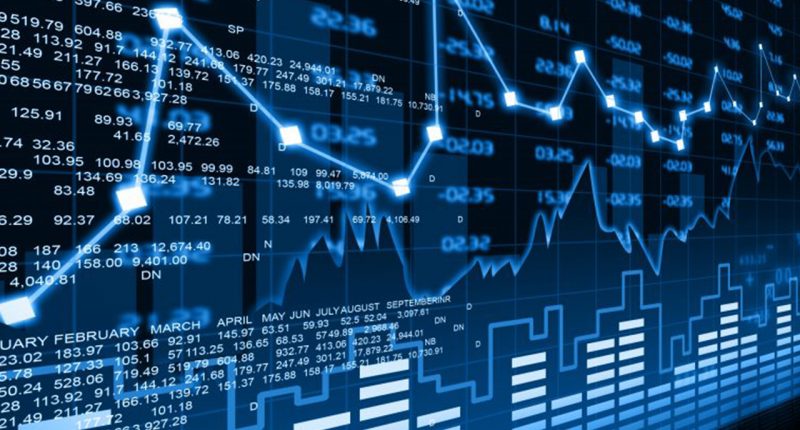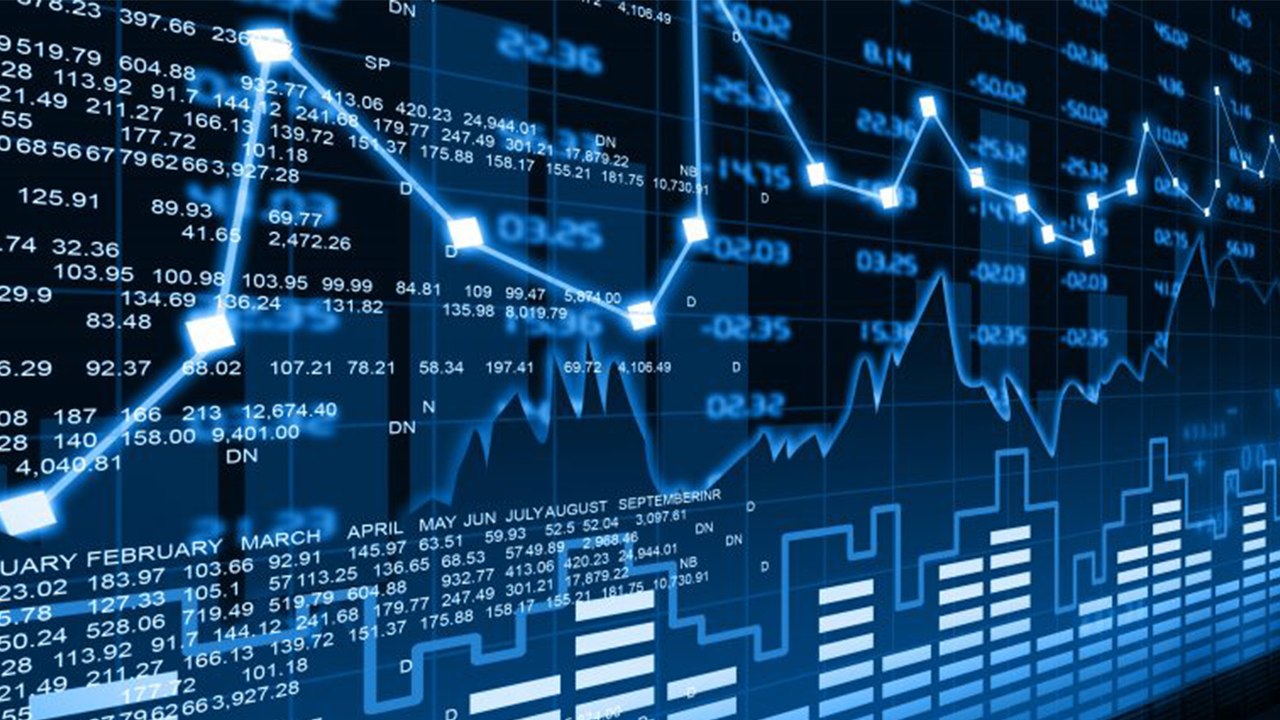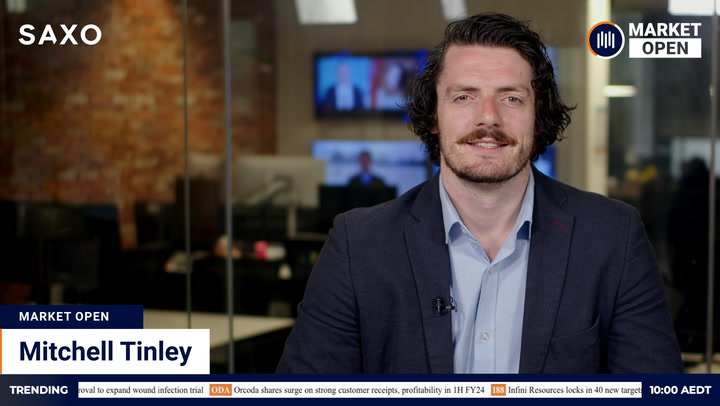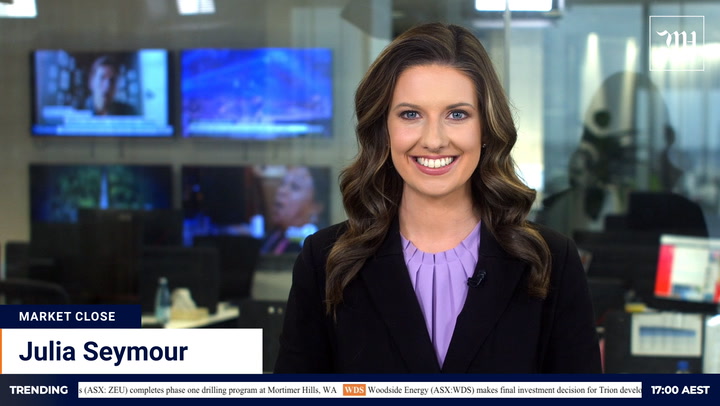The share market will shoot for back-to-back gains for the first time in three weeks following a rally in US cyclical stocks after the Senate approved President Joe Biden’s stimulus package.
ASX futures climbed 48 points or 0.71 per cent, signalling a positive start after yesterday’s 29-point or 0.43 per cent rise for the S&P/ASX 200. The local benchmark has not secured consecutive advances since mid-February.
Oil recorded its first loss in four sessions. Gold sank to its weakest close in 11 months. Copper edged higher. The dollar fell further below 77 US cents.
Wall Street
Investors snapped up stocks best positioned to benefit from a recovery in the economy after Biden’s U$1.9 trillion American Rescue Plan cleared an important hurdle. The stimulus package was expected to be signed into law by the end of this week after passing in the Senate by 50 votes to 49.
In a sharply divided market, the Dow Jones Industrial Average led with a rise of 306 points or 0.97 per cent. Earlier, the cyclical-heavy blue-chip average climbed as much as 650 points to an all-time high.
A surge in bond yields ensured a rotation from growth stocks to cyclicals accelerated. The Nasdaq Composite dived 311 points or 2.41 per cent. The S&P 500 faded to a loss of 21 points or 0.54 per cent.
Airlines, hotels, cruise operators and other “re-opening” plays were boosted by revised guidance from the Centers for Disease Control and Prevention. The health protection agency said fully vaccinated Americans can safely visit other vaccinated people indoors without wearing masks or social distancing.
The S&P 500 airlines index jumped 5.5 per cent. Marriott gained 2.4 per cent and Hyatt Hotels 1.4 per cent. Cruise lines Carnival and Norwegian gained at least 2.4 per cent. Disney jumped 6.3 per cent after California eased Covid restrictions.
Growth stocks were pressured by a surge in bond yields amid concerns about the inflationary implications of the stimulus package. The US ten-year yield spiked four basis points to 1.6 per cent. Apple, Microsoft, Amazon, Facebook and Alphabet all lost at least 1.6 per cent.
Growth stocks are vulnerable to higher yields because fund managers revalue their future earnings as borrowing rates increase. The Russell 1000 Growth Index fell 1.7 per cent, versus a 1.3 per cent advance in the Value Index.
“This is an ideal traders’ market with certain sectors and individual stocks performing better than the wider market, as investors pick and choose individual stocks that will perform better as the economy reopens,” Anthony Denier, chief executive officer of Webull, told Reuters.
Australian outlook
A messy night in the US, but the underlying dynamics favour a positive session here. Our index is more weighted towards value than growth stocks, so the Dow’s advance is more significant than the Nasdaq’s slump.
The US materials sector rose 1.3 per cent to an all-time high – an obvious plus for our mining-heavy market. The Australian materials sector has yet to surpass its pre-GFC peak in 2008 and has room to catch up with iron ore and copper still running hot.
Financials – the other pillar of the ASX – was also among the US’s top three performers (utilities was the third), rising 1.3 per cent. Energy stocks resisted oil’s retreat, gaining almost 0.2 per cent. Industrials added 1.1 per cent. Tech stocks dived 2.5 per cent.
Australian bond yields seem to have settled down. With RBA intervention, price movements no longer seem chained to US volatility. The ten-year yield declined here yesterday as the US equivalent surged.
Business confidence figures are due here at 11.30 am AEDT.
A resurgent greenback pushed the dollar down 0.83 per cent to 76.44 US cents.
Commodities
Gold continued to be crunched by the rising US dollar and the greater appeal of higher bond yields. Gold for April delivery settled $20.50 or 1.2 per cent lower at US$1,678 an ounce, its weakest close since last April. The NYSE Arca Gold Bugs Index eased 0.6 per cent.
Oil faded after a brief push above US$70 a barrel. Brent crude settled $1.12 or 1.6 per cent lower at US$68.24 a barrel. The oil price hit $71.38 yesterday, its highest price since January 2020, after hostilities intensified between Saudi Arabia and Iran-backed Houthi rebels.
BHP and Rio Tinto lost momentum by the time the trading cycle reached the US. BHP’s US-listed stock faded 0.76 per cent after its UK-listed stock added 2.76 per cent. Rio Tinto dipped 0.26 per cent in the US after rising 3.18 per cent in the UK.
Copper climbed 0.4 per cent to US$4.093 a pound.







